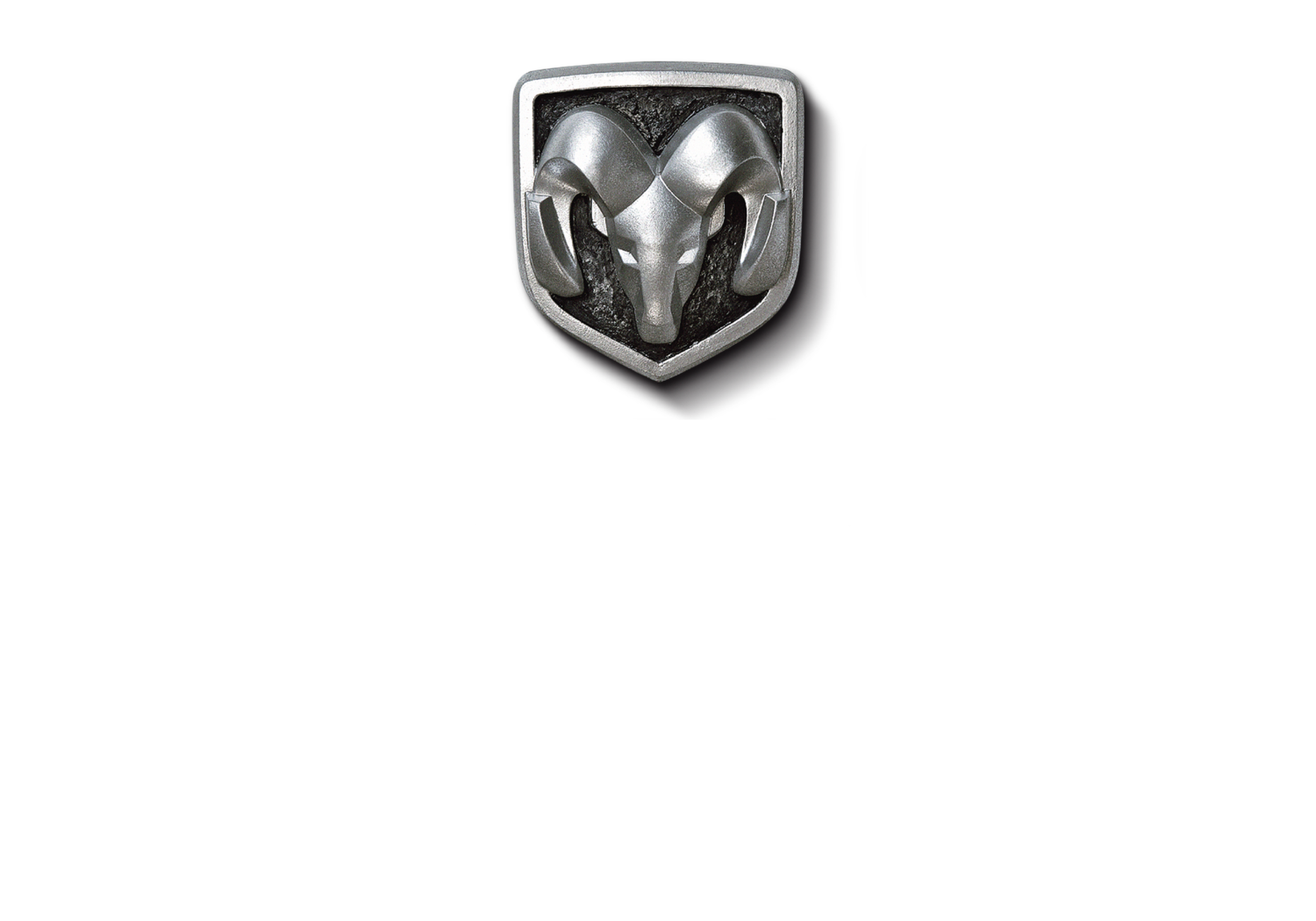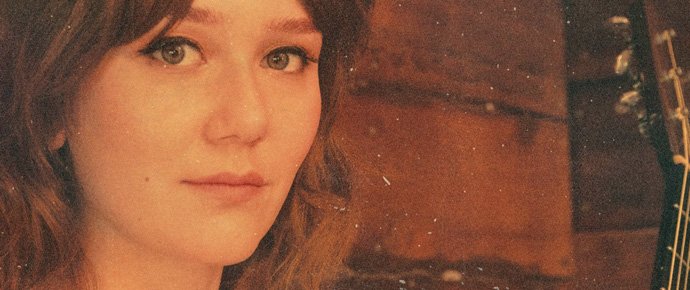Molly Tuttle returns to her bluegrass roots with Crooked Tree
Molly Tuttle could be considered a wunderkind. With four critically acclaimed solo releases in nearly as many years, she’s risen to the highest pantheons of gifted young guitarists, and excelled in such a way as to assure her own superstardom. With her new album, Crooked Tree, jointly credited to her band, Golden Highway, she reaffirms her bluegrass roots, a sound drawn from the influence of her father, Jack Tuttle, a bluegrass multi-instrumentalist and instructor in California. Learning her lessons early on as part of her family band, she recorded the album, The Old Apple Tree, with her dad at the tender age of 13. Less than a decade later, she was well on her way to a prolific career, appearing with Jack on A Prairie Home Companion, gaining a scholarship to the prestigious Berklee College of Music, winning the Chris Austin Songwriting Competition at MerleFest, receiving the Americana Music Association’s Instrumentalist of the Year Award, and becoming the first woman to win the IBMA Guitar Player of the Year trophy as well.
After various collaborations — a duet EP with fiddler John Mailander and a supergroup of sorts with Alison Brown, Missy Raines, Sierra Hull, and Becky Buller immodestly dubbed The First Ladies of Bluegrass — she launched her solo career in 2015 with an EP appropriately title Rise. Indeed, it’s been all uphill ever since, with two more critically acclaimed albums — 2019’s When You’re Ready and But I’d Rather Be With You a year later — following in rapid succession.
Bluegrass Today recently had the opportunity to sit down with the remarkable Miss Tuttle and discuss her wonderful new record. Gracious and gregarious, she was only too happy to share her inspiration and motivation.
Given that bluegrass music is essential to your roots and early upbringing, what was it like to revisit it at this juncture?
It was refreshing. I played bluegrass growing up, but when I started making my own records, I felt compelled to explore different genres and different musical styles. But I always had that love for bluegrass. I go to bluegrass jams at home and to different festivals, so it’s always so much fun to meet up with my friends who I’ve known since I was a kid growing up. So it’s always been a big part of who I am. But I felt like I didn’t quite have an outlet for it, because it’s not everything I do. I like to play other styles of music and the songs I write aren’t always bluegrass songs. But with this record, I thought it felt really good to kind of create a space to just do a full-on bluegrass album, and write bluegrass songs, and not feel like I was trying to create a brand new style of music, or write songs that no one had ever heard before. I kind of went back to those forms and styles of songs that I grew up with, and tried to put my own spin on them and, while still writing songs that were really personal and true to me, music that informed my family experience and how I grew up. It was really fun to work within those kind of genre boundaries in a way.
Was it just like revisiting a friend that you may have been been separated from for a long time? Something similar to that?
Yeah, I felt really like I was just kind of coming back to this music that’s so comfortable for me to play. I feel like I can kind of switch on my bluegrass brain in a way, and as a result, it comes so naturally to me. And, yeah, it just felt like I was kind of embracing who I am musically by showing this other part of me. I haven’t really written that many bluegrass songs before. I’ve always kind of felt that my songs always sounded a little more in the singer/songwriter vein. Some of them deal with topics that aren’t totally the norm for traditional bluegrass. So it was fun to just kind of get to express myself in that way with these new songs that are different from the ones I’ve written before.
Are you individually responsible for writing all the material on the new album?
Yeah, I wrote all of them with a couple friends. I wrote about half of them with Ketch Secor of Old Crow Medicine Show, and then a handful with my friend Melody Walker, who I grew up with in California.
Bluegrass has a very specific template, given that it’s a style that’s so well entrenched. So when you’re writing music in that style, is it difficult to toe the line between injecting your own personality while staying true to that template? Is that a difficult divide of any sort?
I naturally just add my different stuff to the songs. So I might have a template in mind of what I want to do, but then inevitably, I’m going to add some weird chords or just kind of make it my own. I listened to so many different styles of music, and I just played. I’ve learned so many songs that aren’t quite bluegrass songs, so I just kind of naturally muddy it up. It kind of helps me to just have it organized in that way. I naturally want to like kind of organize things. When I’m practicing guitar, or if I’m writing a song or learning a song, I like to kind of put it in different categories. So that was kind of a fun challenge for this record.
You also had a wonderful cast of musicians on this record as well — Jerry Douglas, Sierra Hull, Old Crow Medicine Show, Margo Price, Billy Strings, Dan Tyminski, and Gillian Welch among them. How did you manage to gather such an all-star ensemble?
When I first asked Jerry Douglas to co-produce the album with me, I just sent him like a list of my dream people and a lot of people I grew up listening to – people like Mike Bub and Viktor Krause. Dominick Leslie and I grew up playing music together, and I’d see him at festivals and we’d have a chance to jam. All the other special guests are friends I’ve met in Nashville, and who I really am a big fan of. So it was a mix of kind of like heroes and friends. It felt really fun to get to go in and just pick my dream bluegrass players for this album.
Given all these accomplished artists, is it intimidating at all to know that they’re all looking to you for direction?
It felt the most nerve wracking when we had Gillian Welch come in and sing, because she’s like, my absolute favorite singer. I was so obsessed with her music as a kid. I thought about her a lot when I was writing these songs. A few of them were directly inspired by some of her songs. So that was the scariest thing to me. So yeah, it can be a little intimidating, especially when it comes to the more personal songs, when playing them for people for the first time. Fortunately, I’ve gotten better about that over the years, and now I’m feeling more confident.
Who’s in your band Golden Highway?
It’s a brand new band, a full bluegrass band with Bronwyn Keith-Hynes on fiddle, Kyle Tuttle on banjo, Dominick Leslie on mandolin, and Shelby Means on bass. They’ve all been friends of mine for years. And it’s really fun. I really admire all of them a lot, on and off stage.
As you know, bluegrass music has seen a revival over the past few decades. It’s not that it ever went away, but, you know, with bands like Steep Canyon Rangers, Old Crow Medicine Show, and The Punch Brothers, it’s managed to bring this very traditional type of music to a contemporary audience. Why and how do you think bluegrass has made that connection with this younger audience?
I definitely noticed that. Even though I haven’t really toured that much in the last two years due to the pandemic, now, going back on the road, it’s definitely like a wide range of all ages at the shows, with both hippies and the kind of more traditional fans. It definitely feels like a more diverse audience than ever before, and I don’t really know exactly what’s creating it, but I think bands like the Punch Brothers and artists like Billy Strings have something to do with it. And also people just want that organic, acoustic music. I think that in the past couple years, it’s become really popular for people to learn to play instruments again. I hear that acoustic guitar sales are at an all time high over the last few years. People want to gather and go to jam session, go to festivals, and enjoy playing with one another.
It definitely seems to have become a communal kind of phenomenon. It’s almost like the old Grateful Dead culture, where people would gather and follow the music and the musicians.
I think the Grateful Dead thing is a huge part of it, because I know at my shows, anytime we do a Dead song, people freak out. And I think a lot of the Dead fans and even the younger generations who maybe grew up listening to the Dead or found them later on, bluegrass really seems to resonate with that culture.
Having said that, do you think that there’s any kind of divide between those that like their bluegrass in a strictly traditional vein and the younger bluegrass fans who are eager for new elements to be thrown into the mix? Do you think you’ve managed to sort of narrow the generation gap, or is there still lingering resentment from older fans who feel like it’s been diluted in some way?
I don’t know. I grew up around a lot of the traditional bluegrass fans and, and I know some of them do come out to my shows, and they probably like some of what I do. But maybe there are some elements they don’t like, maybe how we’re all plugged in. I definitely get that. Maybe they’re not gonna listen to the new stuff. But for me, it’s more fun. And I think it’s more fun for most of the audience to go to a show that encompasses a range of styles. We’re kind of incorporating new elements into the sound. I love traditional bluegrass too, but when I get to see the Del McCoury band, that’s the ultimate progressive experience. I hope traditional music lovers come out to my shows and find something to enjoy, but it’s hard to say if they do. It depends on the person.
You’re clearly able to look towards the past, while also taking it forward into the future. It’s an interesting dynamic.
I liked incorporating modern elements. And even in the songwriting, I like to kind of span different decades. I do like that about bluegrass — how it looks to the past, but it’s also kind of in the present and in the future at the same time.
Original post:
bluegrasstoday.com


